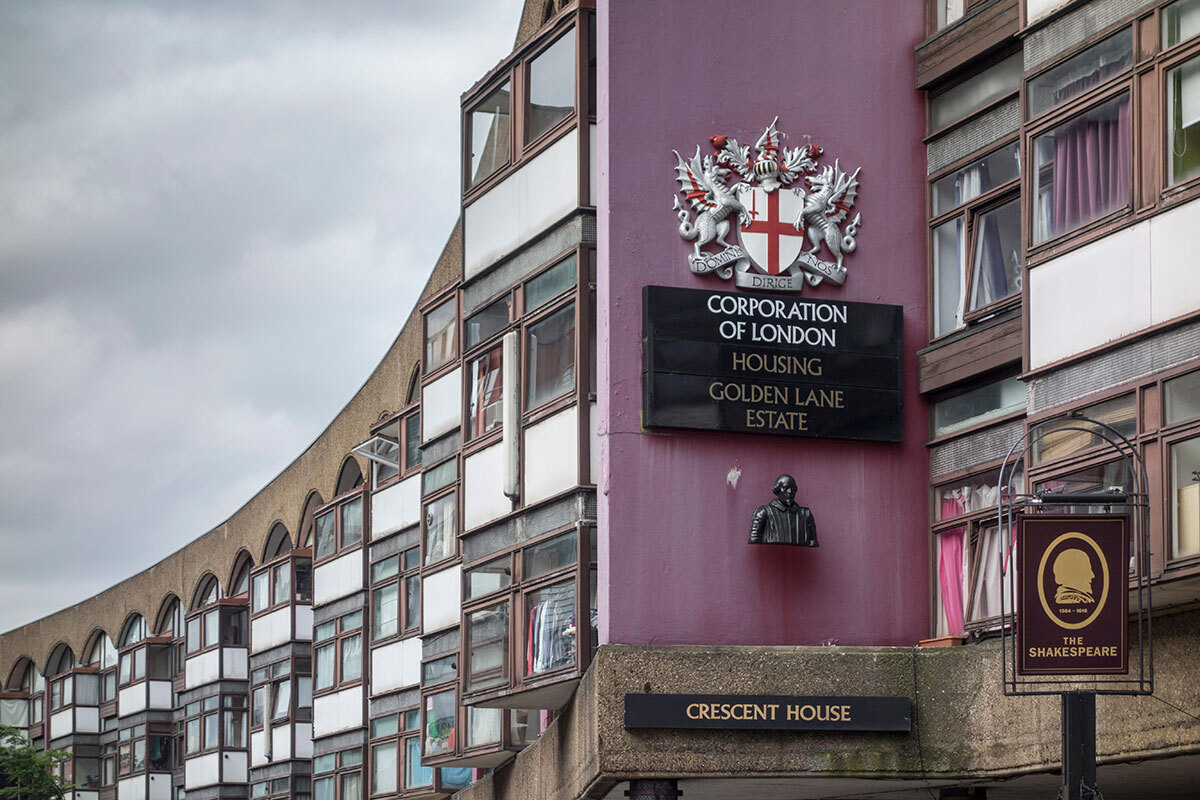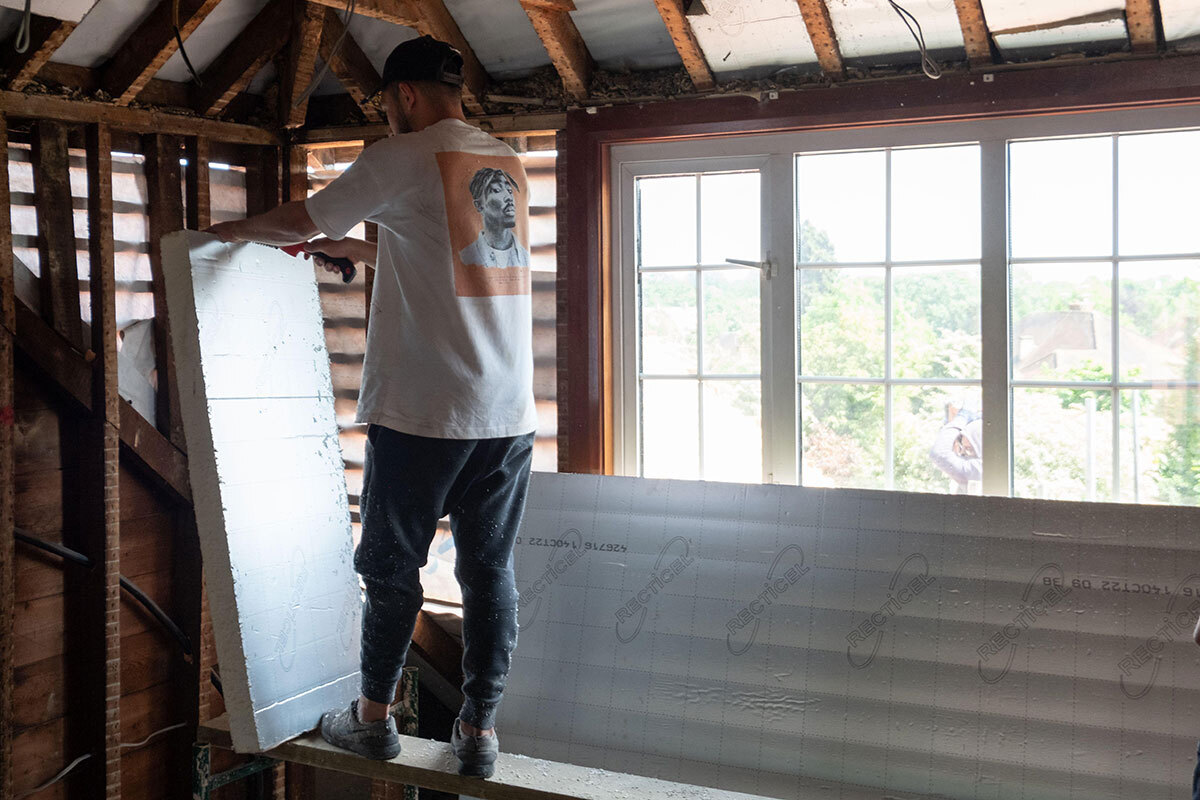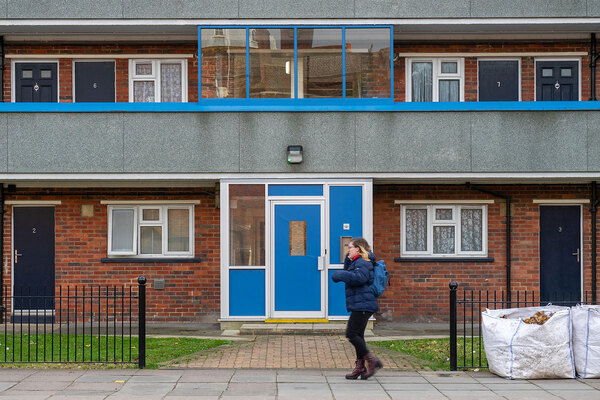You are viewing 1 of your 1 free articles
Up to 28,000 retrofit workers needed in central London by end of the decade
Up to 28,000 skilled workers will be needed to deliver retrofit in central London by the end of the decade, researchers have found.
The estimated workforce figures were released as part of a report commissioned by Central London Forward, a partnership of 12 central London boroughs, and carried out by Whole Life Consultants.
Researchers found that improving every property in the region with an Energy Performance Certificate (EPC) of Band C or above would require 148,000 person years of labour. In other words, it is equivalent to the output of 148,000 people working full-time for a year.
The report analysed EPCs for domestic and non-domestic buildings across the central London authorities and inputted them into the Construction Industry Training Board’s low carbon labour forecasting tool.
A total of 1.91 million interventions are required, researchers found, with 1.67 million on domestic properties and 240,000 on non-domestic properties.
The top two interventions on homes were internal solid wall insulation and glazing work, with these two items together counting for more than 44% of the interventions needed for domestic buildings.
Depending on the pace of roll-out, by the end of the decade a workforce of between 19,000 and 28,000 people would be required in central London alone. Most (60%) of this labour demand relates to retrofitting homes, with almost 40% relating to offices and other non-domestic properties.
In addition, the number of scaffolders required to retrofit buildings in the 12 central London boroughs exceeds the total number of scaffolders expected to be working across the capital as a whole in the next four years.
In three other trades – roofing, glaziers and building envelope specialists – the demand generated by retrofit in central London exceeds 20% of the expected workforce for these trades across the capital.
Central London’s local authorities urged chancellor Jeremy Hunt to increase and accelerate the £3.8bn Social Housing Decarbonisation Fund and develop local retrofit partnerships with councils.
By bringing together housing providers, colleges and the construction sector, local partnerships could help to aggregate demand, train workers and kick-start the wider retrofit market, the report said.
Kieron Williams, chair of Central London Forward and leader of Southwark Council, said: “Retrofitting homes across London and the country has the potential to be a huge win, win, win. Bringing thousands of good-quality jobs, cheaper energy bills, and lower carbon emissions.
“But we need urgent action to ramp up training, so we have the skilled workforce needed to deliver warmer, greener homes. Government must invest to pump-prime the market. The stop-start approach to funding over recent years has not worked.
“It has left businesses without the certainty they need to scale up delivery, skill up their workforce and drive down costs. We need a new long-term plan. Working with local authorities and business. So together we can upgrade Britain’s draughty homes.”
Doug Forbes, director at Whole Life Consultants, said: “This represents a dramatic shift in the workforce from those currently working in the low carbon retrofit sector and covers a range of occupations from those with specific skills in low-carbon technologies to more traditional skills, such as scaffolders, who are equally as vital to the successful delivery of low-carbon retrofit.”
Experts have drawn attention to the high demand for retrofit skills across the UK, which means skilled workers such as renderers are able to command huge prices for their labour.
Simeon Perry, head of operations at Yorkshire-based En:Able Communities, told Inside Housing that boarders installing insulation at a social housing retrofit project in Sheffield were earning £700 a week, while renderers were getting more than £2,000 a week.
“Social housing is paying a huge premium,” he said. “Yes, it’s hard work, but the renderers were earning huge amounts of money at a premium to the social housing landlords/government.”
The government and the Greater London Authority have been asked what they think of the figures in this report.
Rating agency Moody’s warned in September that the £18bn cost of retrofitting social housing units to EPC Band C will drive up debt and credit risk across the sector.
A Department for Energy Security and Net Zero spokesperson said: “We are investing £6.6bn in clean heat and energy efficiency, with a further £6bn of new funding from 2025 to provide long-term funding certainty and support the growth of supply chains.
“We’ve also providing £29m to support skills in the energy efficiency and low carbon heating sectors, supporting over 30,000 training opportunities.
“This is on top of £80m for the Social Housing Decarbonisation Fund to make social housing more energy efficient while delivering energy bill savings of around £240 a year for some of the lowest-income households.”
Sign up for our asset management newsletter
Already have an account? Click here to manage your newsletters












